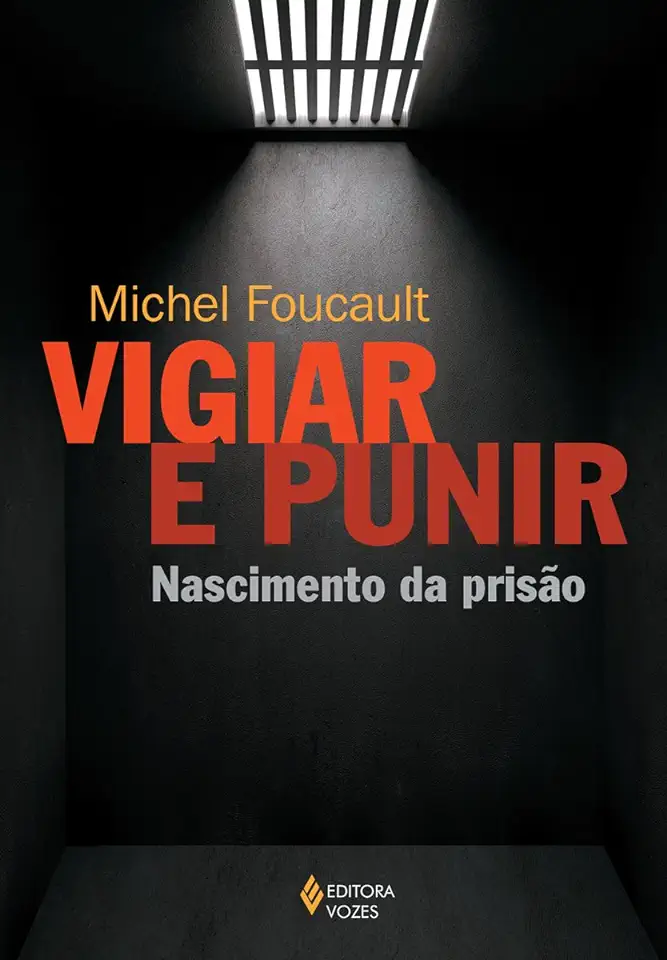
Discipline and Punish - Michel Foucault
Discipline and Punish: The Birth of the Prison
In his seminal work, Discipline and Punish, Michel Foucault argues that the modern prison is not simply a place of confinement, but a powerful instrument of social control. Drawing on a wide range of historical sources, Foucault traces the development of the prison from its origins in the Middle Ages to its modern form, and argues that it has played a central role in shaping our understanding of crime and punishment.
The Birth of the Prison
Foucault begins by examining the emergence of the prison in the 17th and 18th centuries. He argues that the prison was not simply a replacement for older forms of punishment, such as public execution or torture, but a new way of controlling and managing the population. The prison allowed for the isolation and surveillance of individuals, and it became a place where people could be reformed and rehabilitated.
The Panopticon
One of the most important innovations in prison design was the panopticon, a circular prison designed by the English philosopher Jeremy Bentham. The panopticon was designed so that a single guard could observe all of the prisoners at all times, without the prisoners being able to see the guard. This created a sense of constant surveillance, which Foucault argues was a powerful tool for controlling behavior.
The Disciplinary Society
Foucault argues that the prison is not simply a physical structure, but a way of thinking about crime and punishment. He argues that the prison has become a model for other forms of social control, such as schools, hospitals, and factories. These institutions are all designed to discipline and control individuals, and they all draw on the same principles of surveillance and isolation.
The Power of Discipline
Foucault argues that the power of discipline is not simply negative, but also productive. He argues that discipline creates new forms of subjectivity, and that it shapes the way we think about ourselves and our relationship to others. Discipline is a way of producing docile bodies, bodies that are obedient and compliant.
Conclusion
Discipline and Punish is a powerful and provocative work that has had a profound impact on our understanding of crime and punishment. Foucault's analysis of the prison is a reminder that the way we punish criminals is not simply a matter of justice, but also a matter of power and control.
Why You Should Read Discipline and Punish
Discipline and Punish is a must-read for anyone interested in the history of crime and punishment, the sociology of power, or the philosophy of subjectivity. It is a challenging and rewarding book that will change the way you think about the world.
Here are a few reasons why you should read Discipline and Punish:
- It is a classic work of social theory that has had a profound impact on our understanding of crime and punishment.
- It is a fascinating and well-written book that is full of insights and observations.
- It is a challenging book that will make you think about the world in a new way.
If you are interested in any of these topics, then I highly recommend that you read Discipline and Punish. It is a book that you will not soon forget.